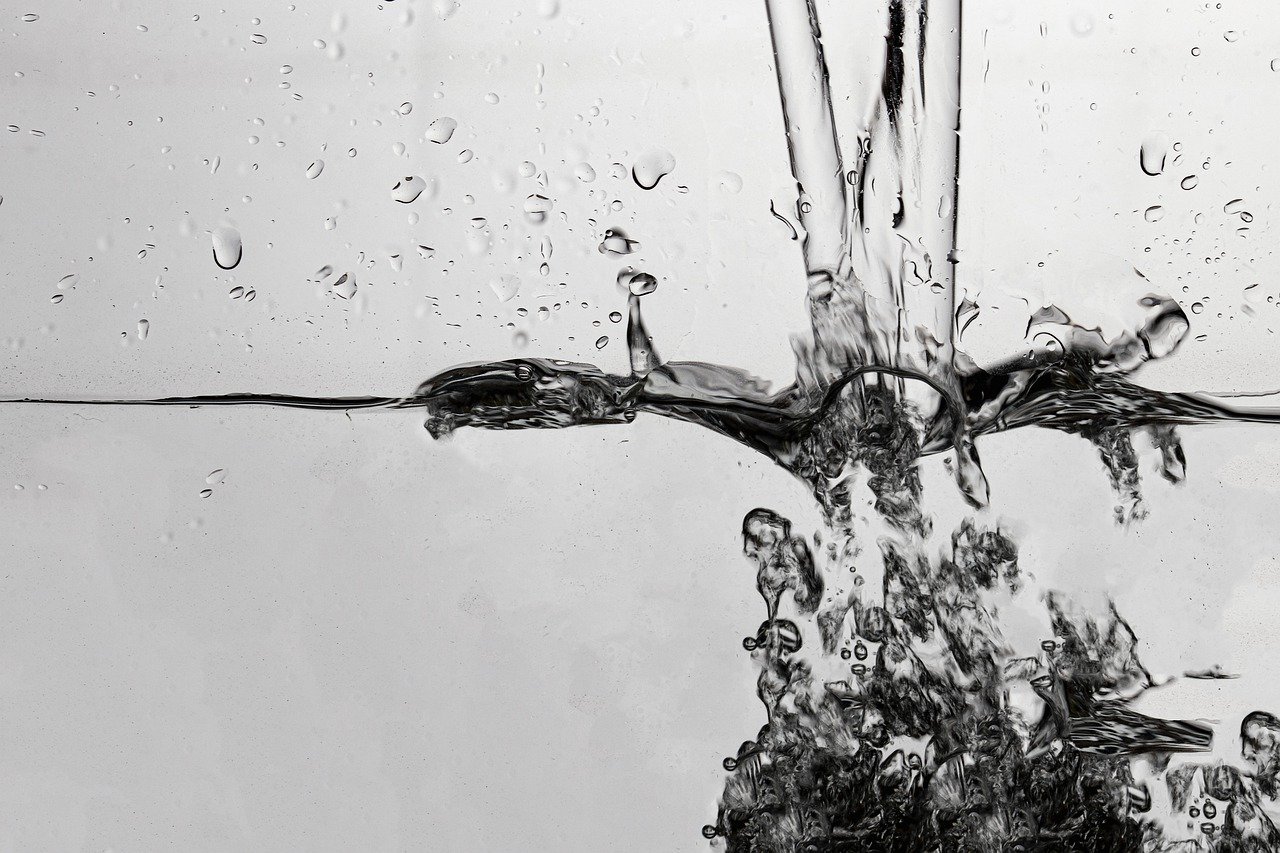Waterproofing chemicals play a crucial role in protecting structures from the damaging effects of water infiltration. Water can significantly impact buildings, infrastructure, and various materials, leading to problems such as corrosion, mold growth, and structural degradation. Waterproofing chemicals create a barrier that prevents water from penetrating surfaces, ensuring the durability and longevity of structures in both residential and industrial settings. This article will explore the types, applications, and benefits of waterproofing chemicals, highlighting their importance in construction and maintenance.
Types of Waterproofing Chemicals
There are various types of waterproofing chemicals, each designed to provide protection in specific environments and applications:
1. Bitumen-Based Compounds
Bituminous waterproofing compounds, made from asphalt or coal tar, are highly effective for protecting structures from water. These compounds come in two primary forms:
- Bituminous Coatings: Applied to roofs and underground structures, these thick, sticky substances create a durable barrier that resists water penetration.
- Bituminous Membranes: These flexible sheets or rolls are laid over large surfaces such as roofs and walls to provide seamless, waterproof protection.
2. Cementitious Waterproofing
Cementitious waterproofing is a mixture of cement and other waterproofing agents, forming a slurry or paste that can be applied to concrete or masonry surfaces. It is widely used in areas like basements, tunnels, water tanks, and bathrooms. This method is easy to apply and provides long-lasting protection, especially in structures that are regularly exposed to moisture.
3. Polyurethane Waterproofing
Polyurethane-based waterproofing chemicals form a flexible, seamless coating that effectively resists water. Polyurethane is commonly used for flat roofs, balconies, and terraces. Its high elasticity allows it to adapt to the natural expansion and contraction of structures, making it particularly useful for areas with varying temperatures and weather conditions.
4. Silicone-Based Waterproofing
Silicone waterproofing products are applied to porous surfaces like concrete, brick, and stone. These transparent chemicals form a breathable, water-repellent barrier, preventing water infiltration while allowing moisture from within the structure to escape. Silicone sealants are also used to seal joints and cracks in building materials, offering long-term waterproofing protection.
5. Acrylic-Based Waterproofing
Acrylic-based waterproofing solutions are water-based and environmentally friendly. They create flexible, durable coatings on roofs, terraces, and walls, offering protection against water. Acrylic waterproofing chemicals are easy to apply, making them a popular choice for various residential and commercial projects.
6. Epoxy-Based Waterproofing
Epoxy-based waterproofing chemicals are known for their strength, chemical resistance, and waterproofing properties. These are frequently used in industrial settings where surfaces are exposed to both water and harsh chemicals. Epoxy resins are ideal for waterproofing factory floors, warehouses, and commercial kitchens, ensuring that the surfaces remain resistant to water and wear.
Applications of Waterproofing Chemicals
Waterproofing chemicals are essential in several areas of construction and infrastructure:
1. Building Foundations and Structures
Protecting foundations, walls, and basements from water infiltration is crucial to maintaining the integrity of buildings. Waterproofing chemicals prevent water damage, cracks, and leaks in these areas, ensuring long-term stability and safety.
2. Roof Waterproofing
Roofs are particularly vulnerable to water damage due to exposure to weather conditions. Bitumen-based or polyurethane waterproofing chemicals are commonly used to prevent water from seeping through roofs, protecting both the structure and its occupants.
3. Bathrooms and Wet Areas
Bathrooms, kitchens, and other wet areas require special protection to prevent water from seeping into floors and walls. Cementitious and acrylic-based waterproofing systems are widely applied in these areas to ensure that water does not compromise the structure or cause mold growth.
4. Water Tanks and Reservoirs
Waterproofing chemicals are used to ensure that storage tanks and reservoirs remain watertight. These chemicals prevent water from leaking in or out, preserving the quality of the stored water and protecting the structure from damage.
5. Bridges, Tunnels, and Dams
In civil engineering projects, large infrastructure like bridges, tunnels, and dams must be protected from water exposure. Waterproofing chemicals are applied to these structures to prevent leaks, corrosion, and degradation, ensuring their strength and longevity.
Benefits of Waterproofing Chemicals
Waterproofing chemicals offer a wide range of benefits, making them essential for maintaining the integrity and safety of structures:
1. Prevention of Structural Damage
Waterproofing chemicals protect buildings and infrastructure from damage caused by water infiltration. By preventing water from seeping into materials, they reduce the risk of cracks, corrosion, and other forms of degradation that could compromise structural integrity.
2. Mold and Mildew Prevention
Water infiltration can lead to moisture buildup, which creates the perfect environment for mold and mildew growth. Waterproofing chemicals block water from entering vulnerable areas, reducing the risk of mold-related health problems and structural decay.
3. Increased Durability
Waterproofing extends the life of structures by protecting them from water damage. With the proper application of waterproofing chemicals, buildings, bridges, tunnels, and other structures can withstand harsh weather conditions and long-term exposure to moisture.
4. Cost Savings
By preventing water-related damage, waterproofing chemicals reduce the need for expensive repairs and maintenance. Investing in waterproofing solutions early on can save significant costs in the long run, as it minimizes the risk of water damage to structures and materials.
Conclusion
Waterproofing chemicals are indispensable in protecting buildings and infrastructure from the harmful effects of water. Whether used in residential, commercial, or industrial settings, these chemicals provide a crucial barrier against moisture and water infiltration. With a variety of waterproofing options—ranging from bitumen-based coatings to epoxy and silicone-based solutions—builders and engineers can choose the most suitable method for ensuring the durability and longevity of their structures. By preventing water damage, waterproofing chemicals help maintain the integrity of surfaces, reduce repair costs, and ensure the safety and comfort of occupants.

